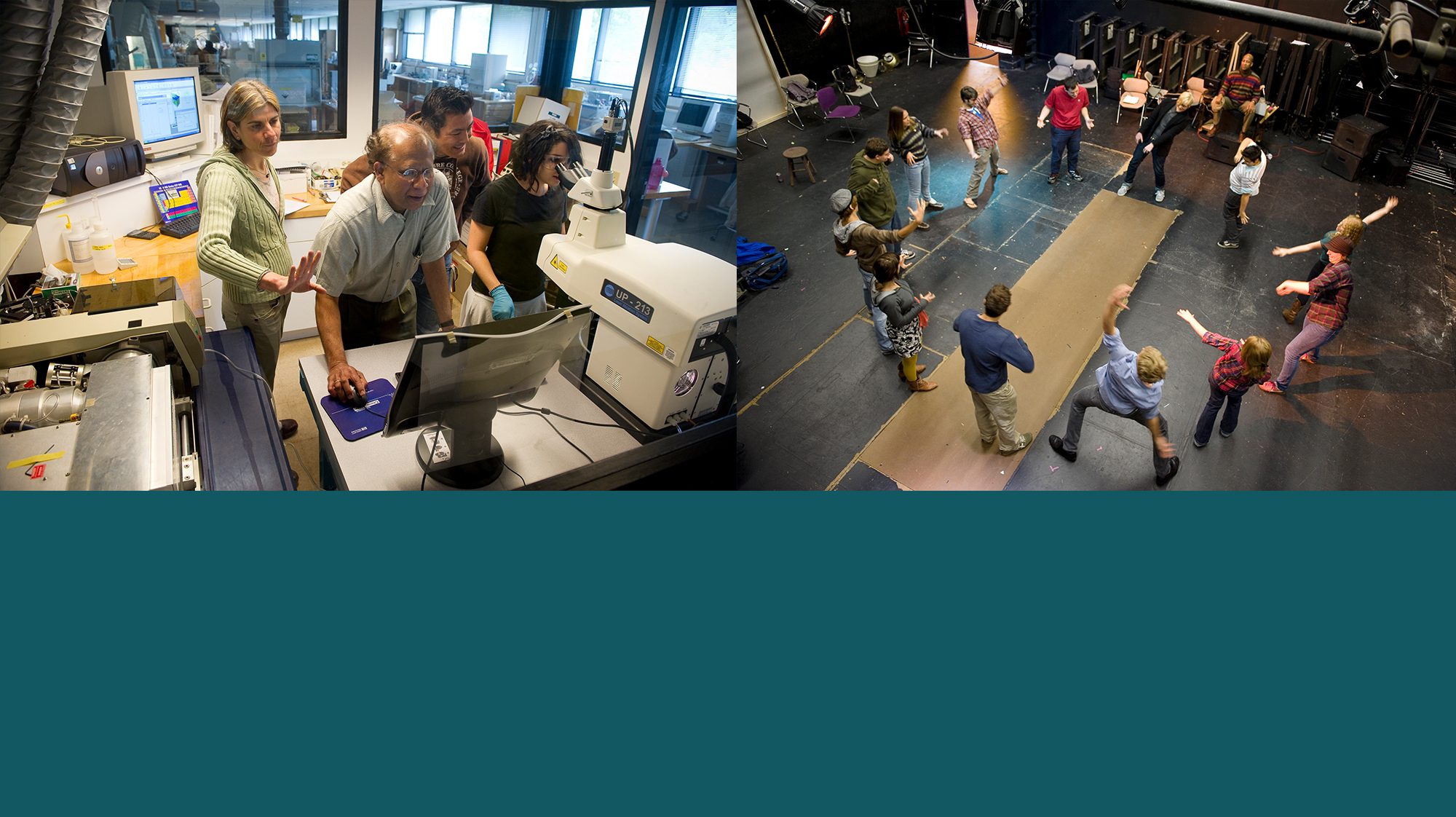General Inclusive Teaching and Advising
Creating Inclusive College Classrooms. Shari Saunders and Diana Kardia, Center for Research on Learning and Teaching, University of Michigan.
Performing Academic Advising Across the Color Line. Cornelius Gilbert, University of Wisconsin, The Mentor ( March 3, 2003).
Strategies for Advancing Equity and Inclusion in the Classroom
Sample Syllabus Statement – guidelines for classroom discussion from Becky Packard, Mount Holyoke College
Critical Learning Communities Handout – Suggestions for building community in the classroom by Kristen Luschen and Becky Packard, Mount Holyoke College
Common Challenges Related to Faith and Religion in the Classroom at Hampshire – A handout created by the Spiritual Life Center staff.
VIDEOS
Lisa Delpit, 2012, Keynote Address, Teaching Tolerance Awards for Culturally Responsive Teaching. Washington D.C.
Trans Inclusive Education
Classroom Best Practices Regarding Trans_July 2016 compiled by the Trans* Policy Committee in collaboration with the Dean of Faculty and Dean of Students, Hampshire College.
For practice using pronouns, click here!
Gender Pronoun Tips for Faculty, revised 2016
First Generation College Students
- Greenwald, R. (2012, Nov) Think of First Generation Students as Pioneers, Not Problems. Chronicle of Higher Education.
- Madden, V. (Sept 21, 2014) Why Poor Students Struggle The New York Times.
- Engle, J, Bermeo, A. & C. OBrien. (2006) Straight from the Source: What Works for First Generation College Students. A Report of the Pell Institute for Opportunity in Higher Education.
- Housel, T.H. (2012, Nov) Helping First Generation College Students Straddle 2 Cultures.
- Institute for Higher Education Policy. (2012). Supporting First Generation Students through Classroom Based Practices.
- Kluczykowski, M. (2014, May), Sometimes ‘Hand-Holding’ Can Be a Good Thing. Chronicle of Higher Education. Vol. 60 Issue 37.
- Peters, L. (2007, September). Practical ways we can assist first generation students. Academic Advising Today, 30(3).
- McCleaf, K.J. (2012, March). Improving our advisees’ cultural capital. Academic Advising Today, 35(1).
- Tough, P. (2014, May). Who Gets to Graduate? New York Times Magazine.
First Generation College Students at Carolina: Advocating for their Success
Student Identity and Success: A series of videos (under 5 minutes) featuring faculty discussing teaching strategies that first generations students reported as being helpful to their learning. The videos can be found here on the Heritage University website and a discussion of the study is available here on Inside Higher Ed.
Facilitating Difficult Discussions in the Classroom
Resources:
Ten Tips for Facilitating Discussion on Sensitive Topics is a resource adapted from a online handout from A.L Moore and M. DeShaies, Southwestern University.
“Managing Hot Moments in the Classroom” is a short article by the Bok Center for Teaching and Learning at Harvard. It offers ways of thinking about and suggestions for managing tension-filled moments in class.
Office of Accessibility Resources and Services
OARS has developed a toolbox of resources to support faculty in implementing accommodations in the classroom. There is also a toolbox for students, supporting their development of learning strategies and skills in self-disclosure and self-advocacy. To view these toolboxes, visit hamp.it/toolbox.
For information on the Holistic Learning Program, a program making coaching, resources, and programming accessible to all students, visit their website here!
As students bring their accommodation letters your way, please be in touch with OARS if you have any questions about how to implement accommodations in your course. Their contact information is always at the top of letters, and you should always get a copy from students to keep for your records. If students have not formally disclosed, please direct them to consult with OARS by scheduling an appointment or coming to drop-in hours each Friday 1-3pm in Lemelson. You can also direct them to the disclosure process online here.
For more information and resources, visit the OARS website!

